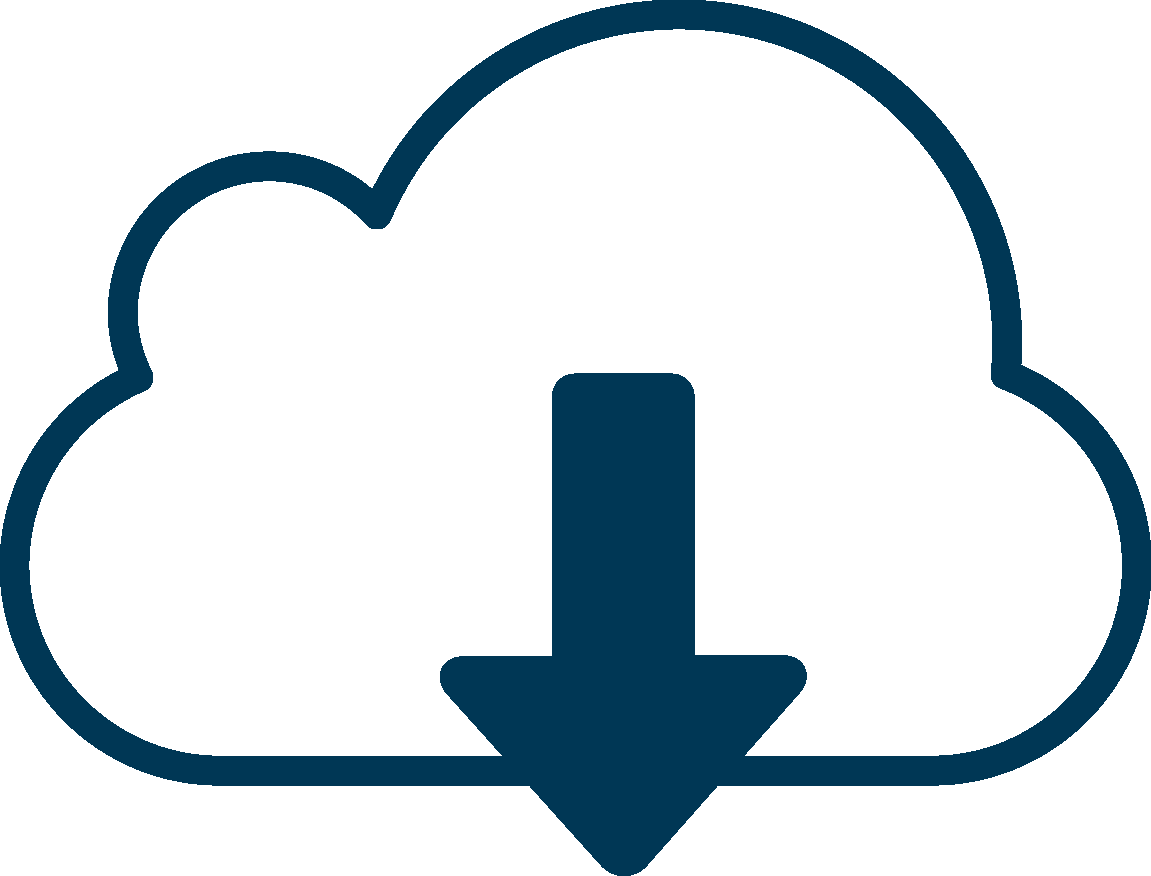Since bottoming out on 23 March, global equities have recovered close to two thirds of the ground they lost, so from here substantial progress is probably required on the economy and the coronavirus if we are to see further significant price increases, says Danske Bank’s chief strategist, Henrik Drusebjerg.

Image: Henrik Drusebjerg, chief strategist in Danske Bank
“Investors have already priced both the large assistance packages and the expected reopening of economies into equity prices, while there is great uncertainty on just where the economy will be six months from now,” he states in Danske Bank’s new quarterly report, Quarterly House View, which looks at global economy and current investment opportunities and risks in the financial markets.
Return expectations
Despite the uncertainty and the significant price rises since bottoming out in March, Henrik Drusebjerg maintains that investors should not be unduly negative and cautious in their investments.
“There is no doubt that we will gradually see a pick-up in economic activity as economies around the world reopen, and while investors have already partially priced in some of that progress, we nonetheless expect to see reasonable increases in equity prices in the slightly longer term as the economic recovery gradually takes hold. Over 12 months we expect a return from global equities in the range of 2-6%,” he says.
At Danske Bank, we are therefore maintaining an overweight in equities – in other words, we have a higher share of equities in our portfolios than we expect to have in the longer term – while we have an equivalent underweight in bonds. However, we are not blind to the uncertainty prevailing at the moment, so our overweight in equities is modest.



.png?h=128&iar=0&w=128&rev=c0456076148343a69ec27218e9fa39aa&hash=5367D3AD7CFBE8E78181A6587FAB2790)